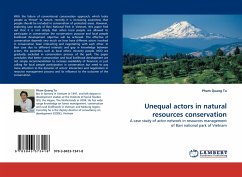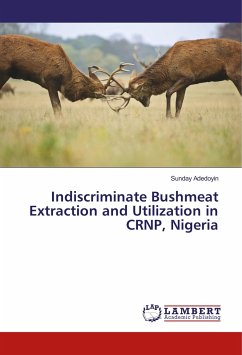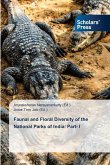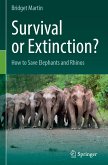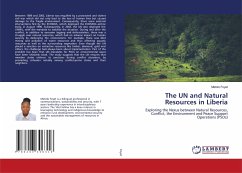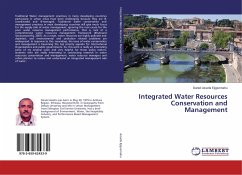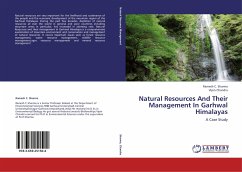With the failure of conventional conservation approach, which looks people as "threat" to nature, recently it is increasing awareness that people should be included in conservation of protected areas. However, exploring case study of Bavi National Park in Vietnam, this paper find out that it is not simply that when local people are allowed to participate in conservation the conservation purpose and local people livelihood development objective will be achieved. The effective of conservation depends very much on how have different actors involved in conservation been interacting and negotiating with each other. In Bavi case due to different interests and gap in knowledge between actors, the powerless such as local ethnic minority people, NGO are gradually excluded in conservation process of the park. The paper concludes that better conservation and local livelihood development are not simply recommendation to increase availability of financial, or just calling for local people participation in conservation but need to pay more attention to the dynamic of actors' interaction and negotiation in resource management process and its influence to the outcome of the conservation.
Bitte wählen Sie Ihr Anliegen aus.
Rechnungen
Retourenschein anfordern
Bestellstatus
Storno

